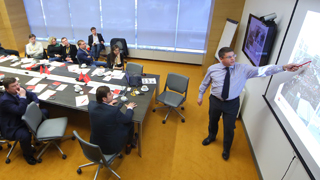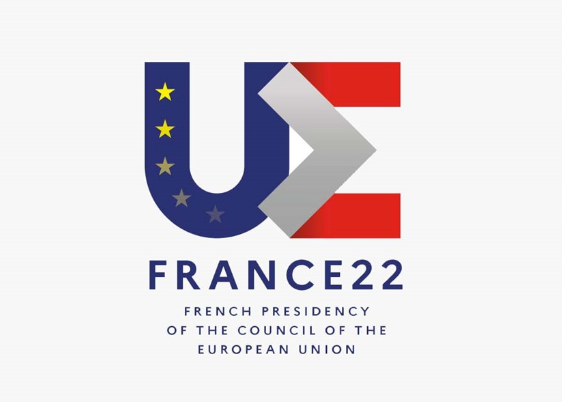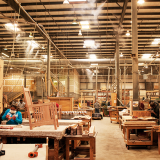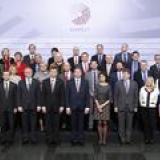
Diálogo social
El diálogo social puede definirse como el conjunto de negociaciones, consultas, acciones conjuntas, debates y actividades de puesta en común de información en los que participan empleadores y trabajadores. Un diálogo social que funcione adecuadamente constituye una herramienta clave para conformar las condiciones laborales, y en este diálogo intervienen diversos agentes a diferentes escalas. Equilibra los intereses de trabajadores y empresarios y contribuye tanto a la competitividad económica, como a la cohesión social.
Los recientes debates políticos a escala de la UE han puesto de relieve que, en especial a partir de la crisis de 2008, la aparición de nuevos debates sobre la justicia social, la democracia, la calidad del trabajo y los modelos nuevos de relaciones laborales han constituido un desafío para los sistemas tradicionales de relaciones laborales y diálogo social.
Treinta años después de la histórica inauguración del diálogo social europeo en Val Duchesse en Bruselas, la Comisión relanzó el proceso con un «nuevo comienzo del diálogo social» en un evento de alto nivel celebrado el 5 de marzo de 2015 al que acudieron organizaciones de interlocutores sociales de toda Europa. El diálogo social europeo es un instrumento de la política social de la UE, y contribuye directamente a la conformación de la legislación y las políticas comunitarias en materia laboral.

























